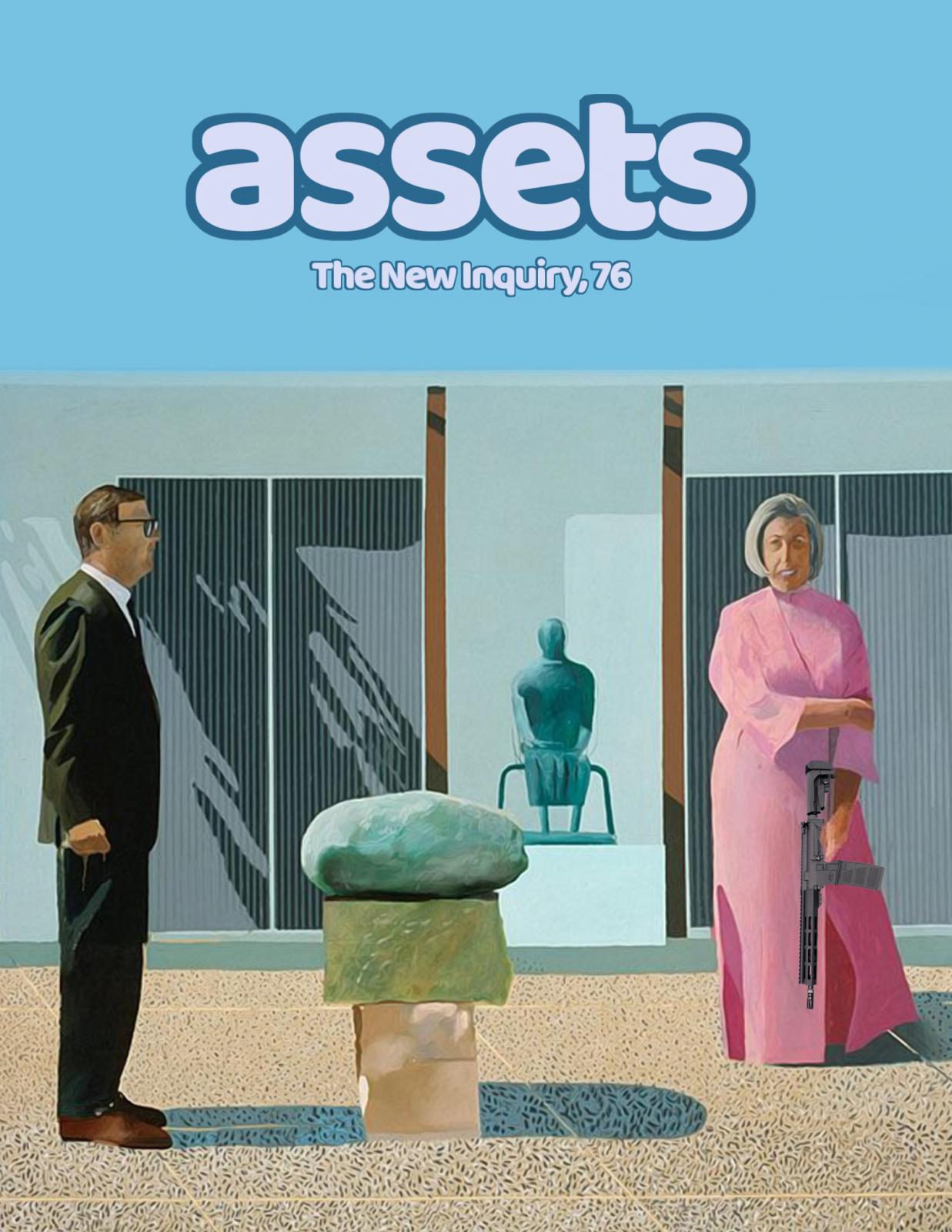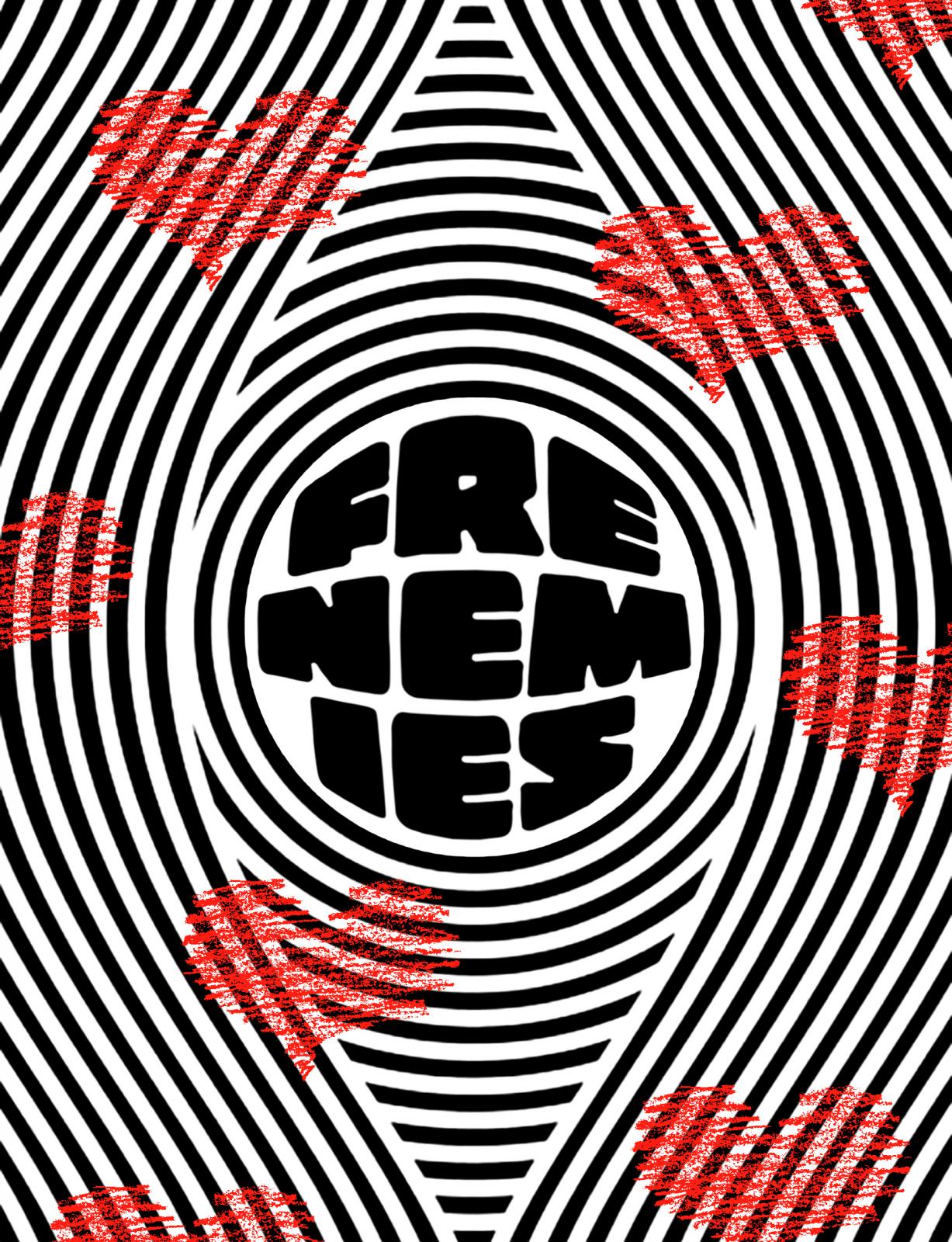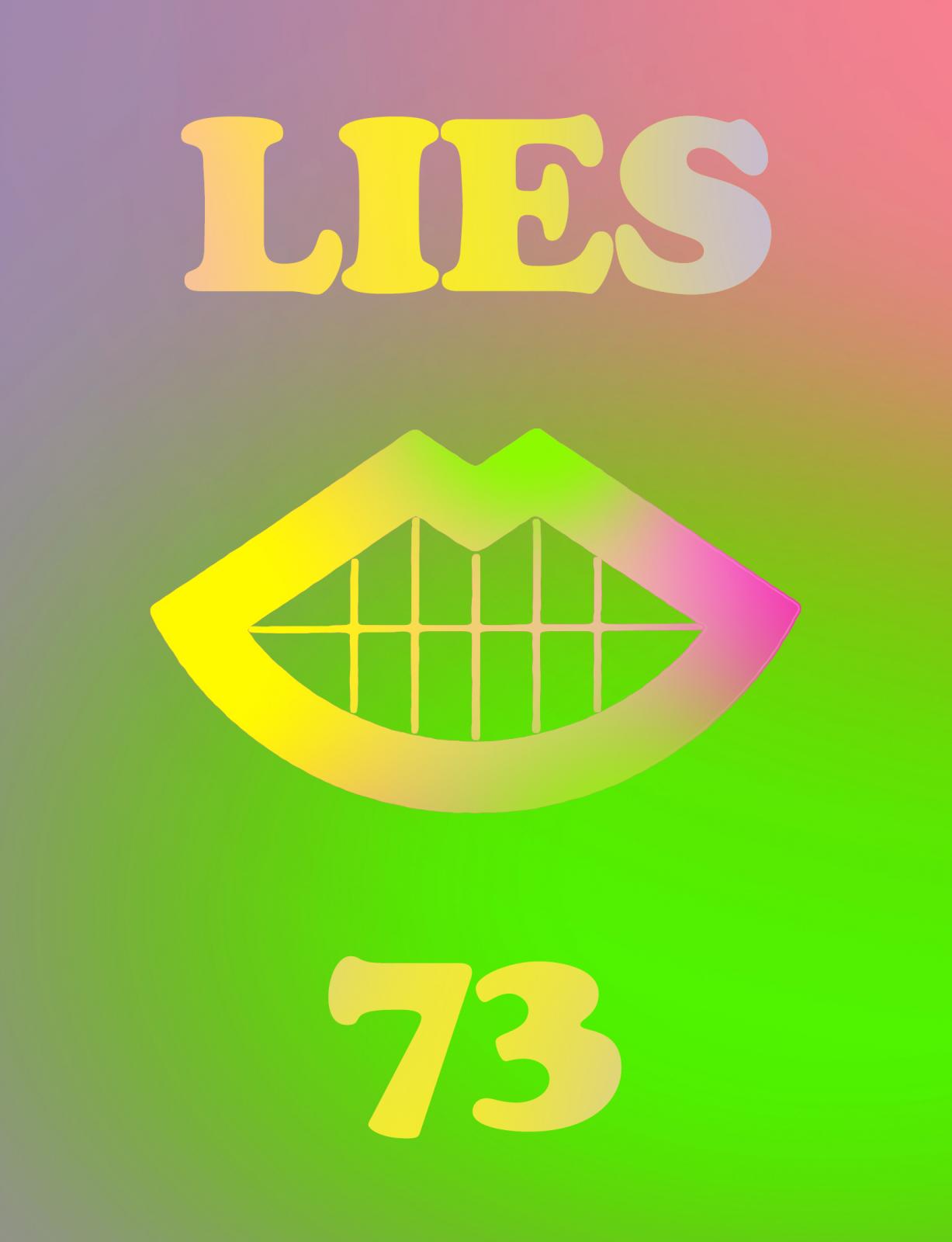Bad Vibes
Editors' Note
"Good vibes only.” Melania could have put the phrase on a camo Zara jacket and worn it to a “Be Best” fundraiser, where “Good Vibes”—an old playlist on someone’s Spotify, copy-pasted from the Obama era—tootled Vampire Weekend’s “A-Punk.” Caroline Calloway’s Instagram was just good vibes. Especially her stuff about Harvard. “The world is burning” but “good vibes only.” So, in this issue, we let ourselves embrace the bad vibes.
The thing you should definitely hate is your job, argues Kassandra Vee. Even if—perhaps especially if—you do “creative” work. “What happens if you do succeed, get a ‘dream job,’ and actually love your work? You’re the biggest sucker you know. Sure, it may make survival easier, but loving your job is a compensation that benefits your boss much more than you, making you more hardworking, less likely to quit or move on, better at making money for them, and therefore easier to exploit,” Vee writes.
In a roundtable on cultural organizing and recent unionization efforts in New York City, many workers are dealing with exactly that predicament, the ruse of creative passion. As Stella Becerril explains, “The biggest challenge, both when I came on as the formal community organizer for Study Hall and then as my own free agent participating in the Freelance Solidarity Project, is to get writers to see themselves as workers. Just because you have the privilege to be able to write doesn’t mean you’re doing a labor of love; you’re still producing something.”
Hating your relationship, especially when it feels like a job, is often easier than hating your paid job. Indiana Seresin traces how hating on heterosexuality creates a kind of capitalist-realist affect in which there is no alternative to the straight couple form. “Heteropessimism consists of performative disaffiliations with heterosexuality, usually expressed in the form of regret, embarrassment, or hopelessness about straight experience,” she writes. “Heteropessimism generally has a heavy focus on men as the root of the problem.”
With the self-congratulatory literalism of a Vox explainer piece, Official Trans Narratives are rarely allowed the luxury of ambivalence. Luckily, we have Lou Sullivan—the sexiest, vibiest gay ghost—whose diaries, edited by Zach Ozma and Ellis Martin, are excerpted in this issue: “He fuckin let me kiss him in front of a big group of people. I said, ‘Look at this guy—he’s an insatiable flirt. Have you no shame?—He has no shame, and I have no scruples.’”
Mediocre sex and land acknowledgments have a lot in common, writes New Inquiry editor Lou Cornum in their essay on how speech acts of institutional inclusion of Indigeneous people might focus on genocide rather than land that has become synonymous with private property. Riffing on the analogy, they ask, “what then is the climax of the land acknowledgment? If the answer is decolonization and the acknowledgment is a speech act, how does it act, and what further actions does it call for?”
Finally, in an excerpt of the forthcoming book The Sonic Episteme: Acoustic Resonance, Neoliberalism, and Biopolitics, author Robin James argues that an increased academic interest in sound—vibrations, dissonances, harmonies, symphonies, etc.—fails to consider how the oppressed theorize, create, and hear. “Sound, and even resonance, can be a productive model for theorizing if and only if it models intellectual and social practices that are designed to avoid and/or oppose the systemic relations of domination that classical liberalism and neoliberalism create,” she writes.
Mark Fisher turned to the sonic in his final work on “acid communism,” arguing that the vibes of musical interventions like The Temptations’ Psychedelic Shack provoke “an active dreaming which arose out of real social and cultural compositions, and which fed back into potent new collectivities, and a new existential atmosphere, which rejected both drudgery and traditional resentments.” Vibes are inherently social, a rough cut of emotion and body language emitted into what we might one day call “our affective commons.” For now, bad vibes are “mood” until they’re not: “Solidarity,” to quote Art and Labor, “is the opposite of bad vibes.”
Featuring
-
So Many Secrets
-
Burial Ground Acknowledgements
-
The Sonic Episteme
-
On Heteropessimism
-
You Make Me Swoon
-
Work Sucks





